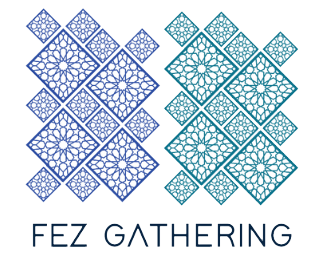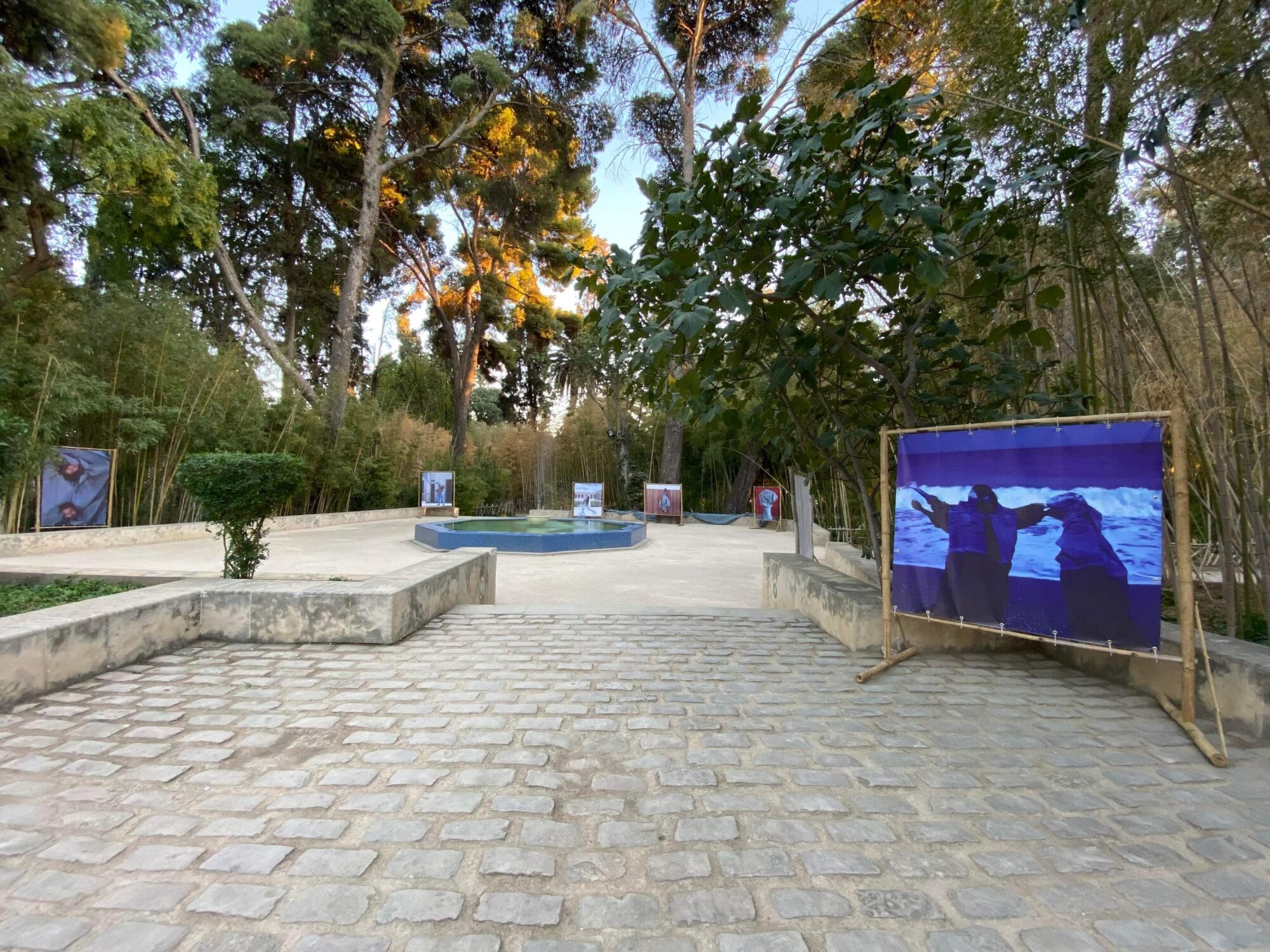
Open Air Exhibition: Water Matters
This collective exhibition, titled “Water Matters,” features works by international, national, and local artists across various media, including photography, illustration, and printmaking. The exhibition explores the intersection of art, culture, and water preservation, encouraging dialogue on the role of art in addressing the global challenge of water management. By showcasing diverse artistic expressions, the exhibition aims to raise awareness about the cultural and environmental significance of water. Free and open to the public, the event invites attendees to engage with the artists and participate in discussions around the theme.
Artist Participants :
Carina Hommel (Germany)
Carina Hommel was born in 1987 and is a freelance artist and art educator from Germany. She works at the intersection of art and social work, mainly in the Ruhr Area. As a member of “Studio Horst e.V.”, she implements projects and develops the region. Her art educational work ranges from developing art projects in different jails to projects that give marginalized groups of people a voice. In her own works, she combines different genres and techniques like film, video mapping, sculpture, painting and cyanotype.
Philip Kojo Metz (Germany)
Philip Kojo Metz’ father is Ghanaian, his mother German. He grew up in Sasbachwalden in the Black Forest. After assisting photographers and sculptors, he completed the specialist academy for photo design in Munich from 1994 to 1997, followed by a stay in Ghana. He received awards including second place in the Danner Prize in 1996 and winner in 2000, Reinhart Wolf Prize in 1998, Achenbach Art Promotion Prize in 1999, and was accepted into the German National Academic Foundation in 2000. In 2003, he was a visiting student with the German video artist Marcel Odenbach at the Academy of Media Arts Cologne. In 2004, he was a Masters student of the German sculptor and object artist Olaf Metzel. After receiving his diploma in 2005, he was able to deepen his engagement with African-American culture in Brazil in 2006 as part of a DAAD scholarship. He received international attention for his work, SORRYFORNOTHING. The sculpture was exhibited in the Humboldt Forum in 2019 and has been present there ever since as a reminder of colonial history. As a sign of a different approach to colonial history, in which the victims are remembered, the German educational canon should be revised accordingly. [Bio source: Wikipedia]
M’hammed Kilito (Morocco)
M’hammed Kilito is a documentary photographer and a National Geographic Explorer residing in Rabat. He is represented internationally by VII Photo and Gowen Gallery. His artistic journey revolves around exploring the intricate connections and bonds that individuals and groups form with their environments – be it places of residence, memories, or transit points. Kilito’s work is dedicated to capturing narratives that provide insight into this profound connection, delving into subjects like cultural identity, labour sociology, and the impacts of climate change.
Kilito holds a Bachelor’s degree in Political Science from the University of Montreal and a Master’s degree in Political Science from Ottawa University. His work has garnered awards and grants, including World Press Photo Foundation Prize, Louis Roederer Prize for Sustainability, National Geographic Society Explorer Grant, Contemporary African Photography Prize, Photography Prize of Fondation des Treilles, and Sheikh Saoud Al Thani Project Award. He has also been a finalist for the Leica Oskar Barnack Award and nominated for Prix Pictet.
His work has been showcased in various festivals and venues worldwide, including the Leica Ernst Leitz Museum (Germany), Sharjah Art Foundation (UAE), 1:54 Art Fair (France), Tate Modern (UK), PhotoESPAÑA Festival (Spain), National Museum of Photography (Morocco), Addis Foto Fest (Ethiopia), Format Festival (UK), Bosnia and Herzegovina National Museum (Bosnia and Herzegovina), Photo Vogue Festival (Italy), and Misk Art Institute (Saudi Arabia). It has also been published in international media outlets such as The Washington Post, The Wall Street Journal, The British Journal of Photography, Vogue Italia, de Volkskrant, L’Express, Liberation, and El Pais. Together with three other Moroccan visual artists, Kilito co-founded KOZ, a collective dedicated to telling compelling stories through long-term projects
Jessica El-Mal (UK)
Jessica El Mal is a curator, artist and writer [human] living and working between Manchester, London and Morocco. She is founder and co-director of A.MAL Projects, an art and research initiative between North Africa and Europe, curator of visual art at The Arab British Centre, and a PhD candidate at Leeds University.
Her work centres interaction, collectivity and notions of resistance within art and media as a way of world building. A way of taking decolonial, feminist and queer methodologies out of the theoretical realm and into one of practice. It is from this position that curatorial projects emerge.
Benjamin Bēni (France)
Benjamin Bēni picked up his first camera at the age of 7, a small foldable Minolta that sparked a lifelong passion. Starting with portrait photography, his work eventually took him around the world. After training at MJM Paris from 1999 to 2002, Benjamin began working in luxury and fashion photography, where he honed his skills in combining technical precision with creativity. He gained further experience at Harcourt studio and through collaborations with brands like LVMH and France Télévision.
Following this, he shifted from commercial work to focus on artistic projects, developing a collective and unique approach to portrait photography. His work explores universal themes, and in 2012, he received recognition from UNESCO for two projects: Face à l’âme and IDENTiTESproject, both published in UNESCO’s Courrier International. Through these projects, he challenges traditional forms and expectations, uncovering new ways to see photography.
Benjamin’s street art is also a significant part of his practice, reflecting his belief in the importance of public art. For him, creating art in public spaces is about contributing to the ever-changing urban landscape, leaving ephemeral traces that connect with the community
Ahmed Bennani
Ahmed Bennani Multidisciplinary artist. Born in 1976, lives and works in Fez, and is a self-taught Artist. At first, like all children his age, Ahmed Bennani discovered drawing and its techniques at school, and began by imitating what surrounded him with passion and love. For the young artist, his hometown of Fez was a cavern of Ali Baba, where the colours and shapes of handicrafts sprang up everywhere, vertical and horizontal lines and curves intertwined, and textures, aged and renovated, enchanted the place. It’s in this magical world that the young artist’s talent will blossom.

